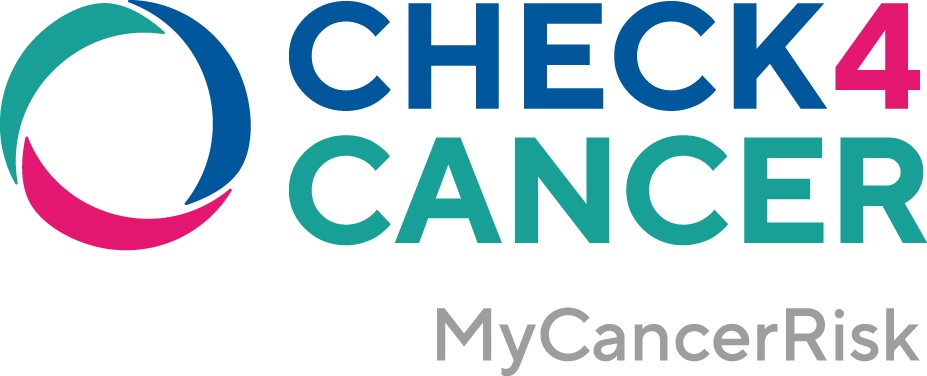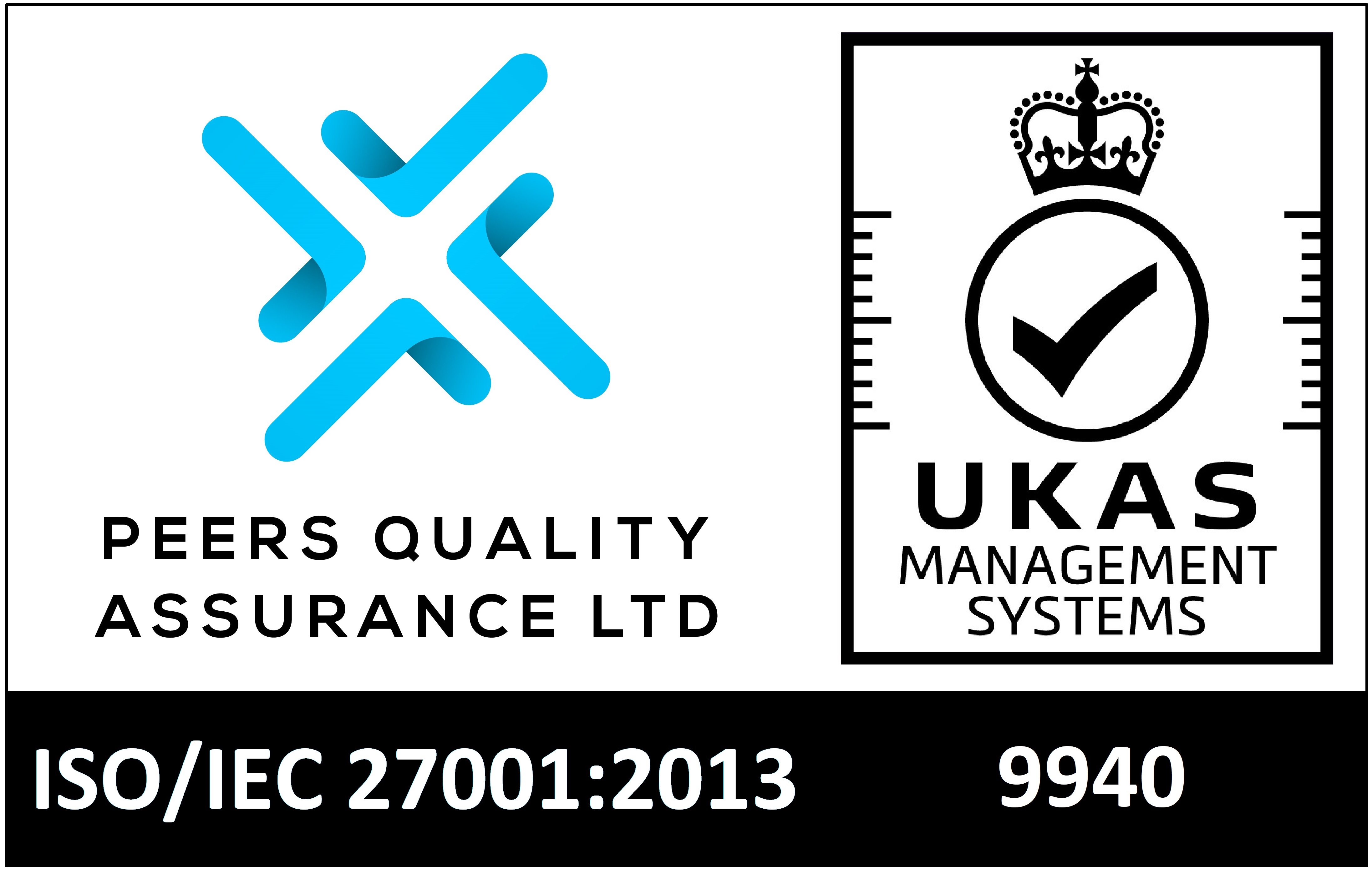Cancer survival rates in the UK are set to reach their lowest in 15 years, with over 3 million people missing routine cancer screening appointments in England during the pandemic – a service which normally diagnoses around 400 cancers a week. The disruption to cancer services during the pandemic has resulted in a backlog in cancer screening, cancer diagnoses and subsequent delays in cancer treatments. These delays have been followed by a 6.8% increase in the diagnosis of late and terminal, stage 4 cancer diagnoses. The current backlog is estimated to be causing 3-6 months of delays to cancer diagnoses and treatment, contributing to 4,700 otherwise avoidable deaths1.
With all cancers, early diagnosis is a key factor in survival rates. Cancer screening is designed to detect cancers before symptoms appear. And when cancer is diagnosed early, treatment is often easier and more successful.
9 reasons why you should get screened for cancer:
- 1 out of 2 Britons born after 1960 will get cancer during their lifetime.
- Around 50% of people with cancer survive for more than 10 years and the odds increase significantly if cancer is detected early.
- Cancer screening tests help detect cancer before you have symptoms. Some cancers do not present with ‘symptoms’ until they are at an advanced stage such as bowel, lung, and prostate cancers.
- Early detection of cancer is key as treatments for early-stage cancers are often less severe (when confined to a localised area) and are often more effective.
- If you have a cancer diagnosed early then you will often experience fewer side effects and have an easier time with the treatment, improving quality of life when compared to being diagnosed late.
- Age - your risk of developing many different cancers increases as we age so regular screening is important.
- Weight – being overweight can also increase your risk of developing certain cancers, so screening can flag potential problems and help you to make the necessary lifestyle changes to reduce your risk.
- Tobacco use – using tobacco in any form increases your risk of some cancers.
- Family history - having a history of cancer in your family doesn’t mean you will develop cancer, but it may put you at higher risk.

Early detection and screening for cancer has never been so important. You can find out more about the risks, signs, and symptoms of common cancers here.
You can view our cancer screening services here.
References
- https://www.annalsofoncology.org/article/S0923-7534(20)39825-2/fulltext




